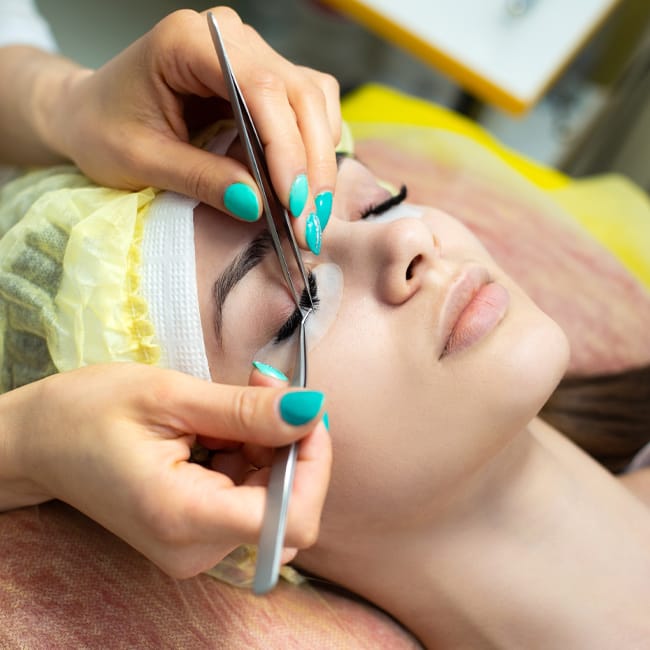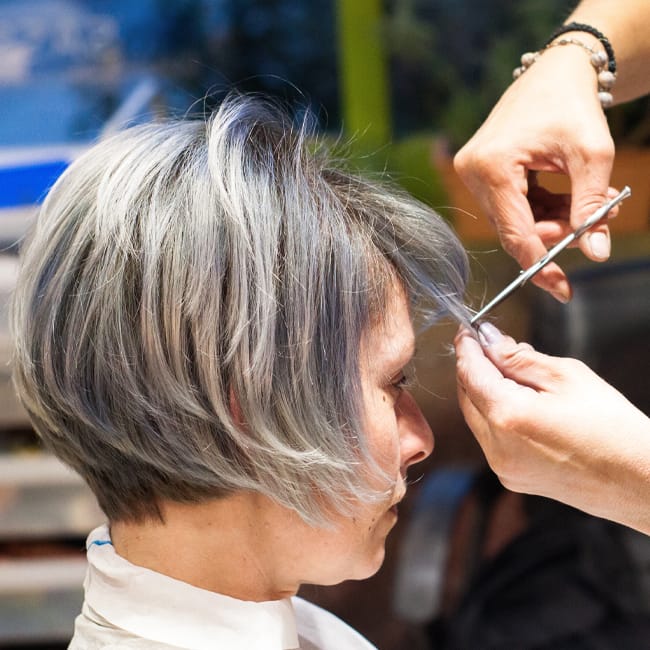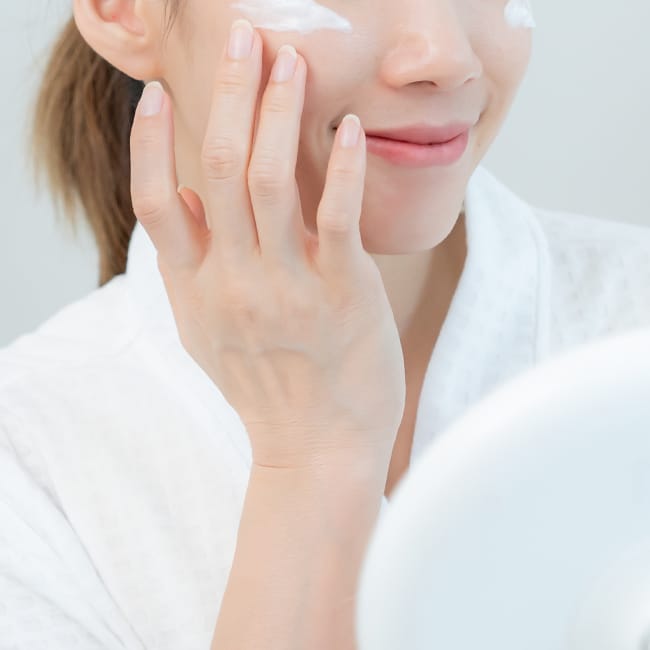This is an archived article and the information in the story may be outdated. Please check the time stamp on the story to see when it was updated last.
Sun damage is one of the most common and easily preventable causes of premature aging that is surrounded by a number of misconceptions. While many people only consider wearing SPF in the summer, the reality is that in order to protect your skin from the harsh rays of the sun you should actually be wearing sunscreen everyday to preserve your delicate complexion and reduce the impact of UV rays. But outside of aging there are a number of side effects that can come from sun damage which only strengthen the case for wearing SPF daily. If you really want to keep your skin looking young, healthy and fresh for years to come, this is the dermatologist-approved case for wearing sunscreen all year long.


It’s true that wearing sunscreen in the summer is particularly important as the UV rays are often stronger then, but even on fall and winter days you can still experience sun damage which is easily prevented by wearing sunblock. “UV radiation, mostly from the sun, is the cause of sun damage and free radical release. The UV radiation causes DNA damage that results in skin cancers and the inflammation and the free radicals it produces causes collagen to be broken down, and not be repaired by MMPs,” explains board-certified dermatologist, Purvisha Patel. “Wearing sunscreen stops the above from happening. When used on a daily basis over a lifetime, there is a significant decrease in skin cancers and wrinkles.”
Collagen production is essential for maintaining the elasticity and strength of your skin barrier throughout the years. A naturally occurring protein in your body, as you grow older you begin to produce less and less, so it’s important to create a skincare routine which can help to bolster your collagen production while also preserving the existing protein you do have. UV rays slow down the creation of collagen in the body, and seeing as this happens anyways as you age, it is expedited by harsh exposure to the sun.
“It has been proven that UV exposure overtime causes a breakdown of dermal collagen and elastin even years after you have been exposed as part of the skin memory response. This breakdown of the collagen and elastin will lead to wrinkling,” notes New York City Board-Certified Dermatologist, Skin Cancer Expert and Founder of OptiSkin in NYC, Dr. Orit Markowitz. “Additionally, things like sunspots and melasma are often associated with aging skin and are also a direct result of sun damage.” Sunspots, otherwise known as hyperpigmentation, may mar the smooth appearance of your complexion as much as fine lines and wrinkles, and applying SPF in the morning alongside the rest of your routine is a simple solution to this easily preventable issue.

As for the type of sunscreen you should be wearing, derms agree that a topical variety is going to better serve your skin in the long run more than a chemical sunscreen will. “Chemical sunscreens are absorbed in the skin, which is less desirable than topical sunscreens. Topical sunscreens are also known as physical SPF, which simply means they sit on top of your skin and serve as a type of reflective barrier between the sun's harmful UV rays and your skin,” explains board-certified dermatologist Todd Minars, MD.
Skipping chemical sunscreens will also have a positive impact on the environment, causing less harm to reefs with their biodegradable formulation. Ultimately an SPF 30 sunscreen is advisable, but Minars also notes that reapplying regularly is more valuable to your skin than the actual SPF value. If you’re spending the majority of your day inside, reapplying is less important, but even if you plan on going outside in cloudier weather, making sure to reapply will add an even greater barrier to your skin.
Luckily, integrating sunscreen into your beauty routine is now easier than ever as many moisturizers feature SPF as a primary ingredient. Finding a daily moisturizer with sun protection will not only hydrate the outer barrier of your skin, but can also protect against signs of aging even if it doesn’t strictly advertise anti-aging properties. Ultimately it will be much easier to prevent wrinkles and fine lines from developing on the skin then trying to get rid of them once they’re already present, and protecting your skin from sun damage with daily SPF wear is one of the best ways to do so.


























